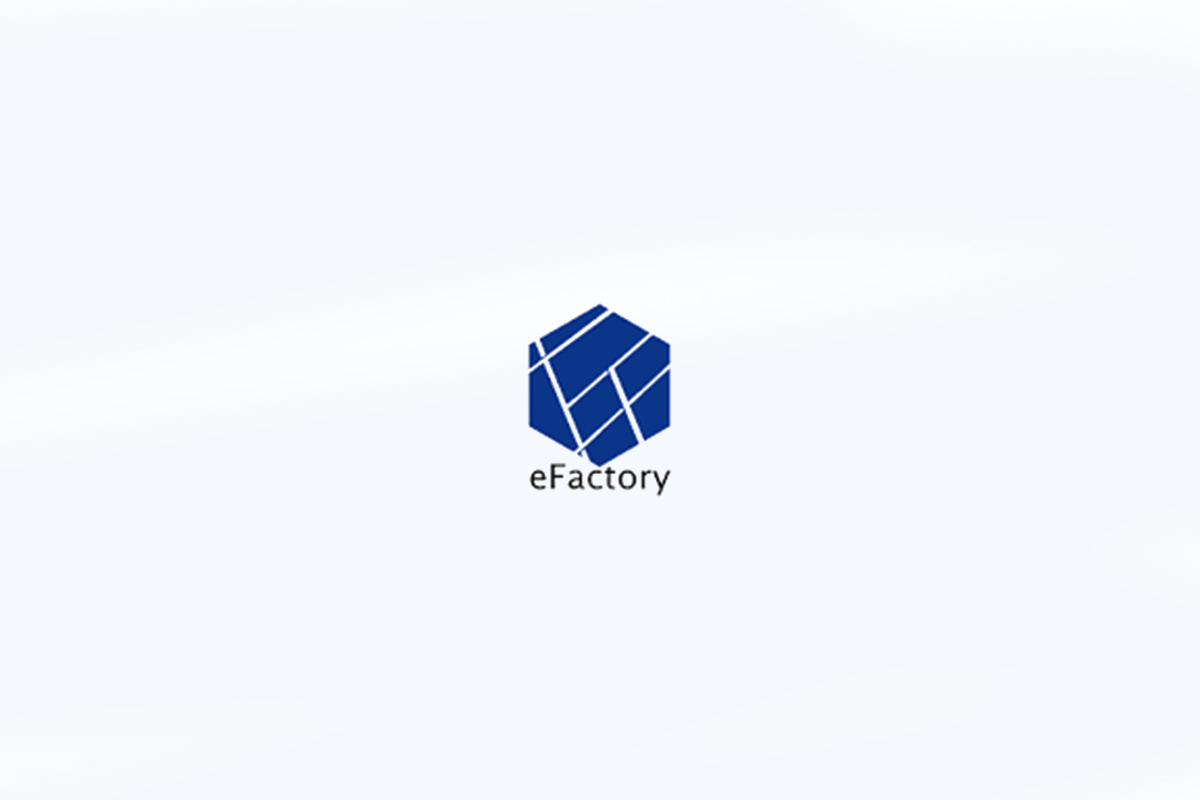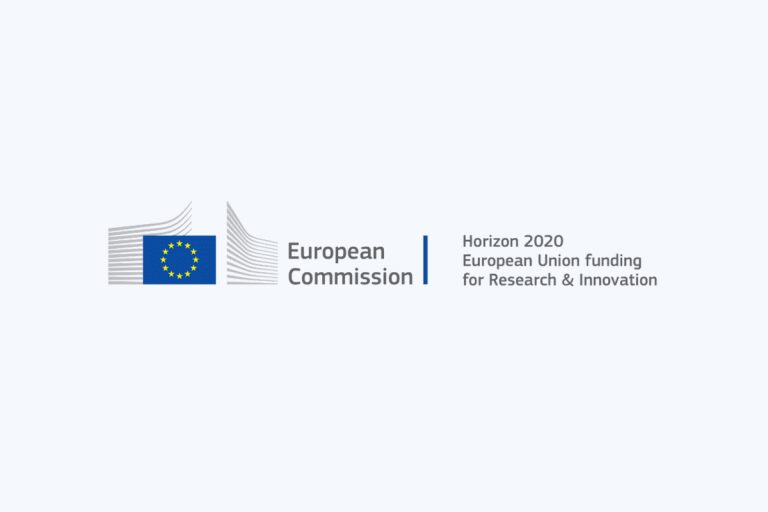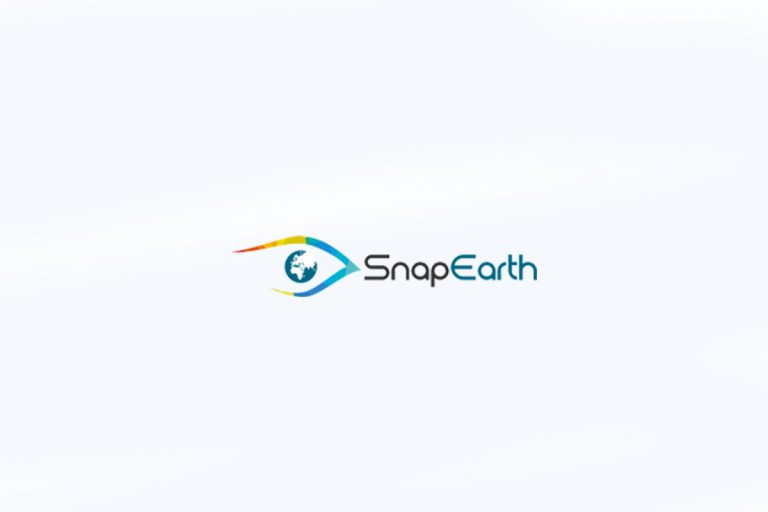
Research Details
- Funding Organization : European Commission
- Funding Programme : H2020-DT-FOF-02-2018: Effective Industrial Human-Robot Collaboration
- Funding Instrument : Research & Innovation Action
- Duration : 42 months
- Total Budget : € 6,986,573
- ITI Budget : € 1,334,375
- Scientific Responsible : Dr. Petros Daras
Description
The technological advances that have been achieved over the past decades have led to a tremendous increase of both the types and the total amount of electrical and electronic equipment that is manufactured. Despite the importance of Waste Electrical and Electronic Equipment (WEEE) management, the issue of the WEEE recycling has not received that increased industrial attention. HR-Recycler will target the development of a ‘hybrid human-robot recycling plant for electrical and electronic equipment’ operating in an indoor environment. The fundamental aim of the system (and its great innovation potential) will be to replace multiple currently manual, expensive, hazardous and time-consuming tasks of WEEE materials pre-processing with correspondingly automatic robotic-based procedures (categorization of electric/electronic devices, disassembling them, sorting of device components), before the materials are eventually provided as input to a fine shredding machine and conventional material separation steps are applied (using air/water flows, oscillating movements, magnets, etc.). More specifically, the overall goal of HR-Recycler is to create a hybrid collaboration environment, where humans and robots will harmoniously share and undertake at the same time different processing and manipulation tasks, targeting the industrial application case of WEEE recycling. The primary output of the envisaged system will be to extract sorted electric/ electronic device components [e.g. Printed Circuit Boards (PCBs), Cu coils, capacitors, etc.] and concentrated fractions (e.g. copper, aluminium, plastics, etc.) of increased economic and environmental value; hence, contributing to the fundamental goal of the ‘European circular economy’ project and boosting economic activity in secondary markets. Additionally, mixed fractions (i.e. fractions with low concentration in valuable materials) will be collected, in order to be sent to other facilities for further dedicated recycling process.
Consortium
- ETHNIKO KENTRO EREVNAS KAI TECHNOLOGIKIS ANAPTYXIS (CERTH) – Greece
- FUNDACIO INSTITUT DE BIOENGINYERIA DE CATALUNYA (IBEC) – Spain
- TECHNISCHE UNIVERSITAET MUENCHEN (TUM) – Germany
- COMAU SPA (COMAU) – Italy
- FUNDACION TECNALIA RESEARCH & INNOVATION (TEC) – Spain
- ROBOTNIK AUTOMATION SLL (ROB) – Spain
- FUNDACION GAIKER (GAIKER) – Spain
- SADAKO TECHNOLOGIES SL (SDK) – Spain
- DIGINEXT (DXT) – France
- VRIJE UNIVERSITEIT BRUSSEL (VUB) – Belgium
- INDUMETAL RECYCLING, S.A. (IND) – Spain
- INTERECYCLING – SOCIEDADE DE RECICLAGEM SA (INT) – Portugal
- BIANATT ANAKYKLOSI AIIE ANONIMI BIOMICHANIKI EMPORIKI ETAIRIA (BNTT) – Greece



